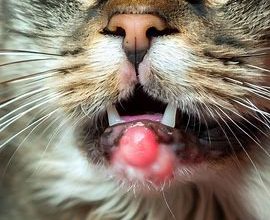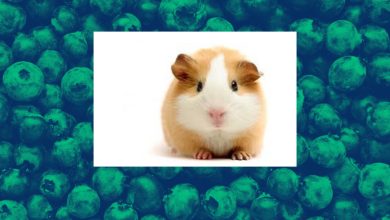Can Cats Enjoy Sausage?

Hey there, fellow cat lovers! If you’re a fan of sausage, you may have wondered whether it’s safe to share this tasty treat with your feline companion.
As cat owners, we always want to make sure we’re feeding our cats the right foods. So, let’s dive into the facts and uncover the truth about cats and sausages. Get ready to learn all about whether sausage is a safe indulgence for our beloved cats!
Can Cats Safely Eat Sausage?
Now, when it comes to cats and sausage, the answer is a bit tricky. Cats are obligate carnivores, which means their bodies are designed for a meat-based diet. While cats can tolerate small amounts of non-meat foods, sausage may not be the best option for them.
Why? Well, sausage is usually processed meat that can contain high levels of fat, sodium, and seasonings that may not sit well with our feline friends.
The high-fat content in sausage can be tough for cats to digest and may lead to tummy troubles like diarrhea, vomiting, or upset stomach.
The high sodium levels in sausage can mess with a cat’s delicate electrolyte balance, causing dehydration or other health issues.
And those seasonings and additives in sausage, like onions, garlic, and spices, can be harmful to cats and may cause upset tummies or other adverse reactions.
Risks and Considerations of Feeding Cats Sausage
Feeding cats sausage can come with some risks and considerations that we should be aware of as responsible cat owners. The high fat and sodium content in sausage can contribute to obesity in cats, which can lead to health problems like diabetes, heart disease, and joint issues. Plus, the processed nature of sausage may not provide all the nutrients that cats need to thrive.
The seasonings and additives in sausage can also be harmful to cats. For instance, onions and garlic are known to be toxic to cats and can damage their red blood cells, causing anemia.
Other spices or flavorings used in sausage may also cause tummy discomfort or allergic reactions in our feline friends. It’s important to remember that cats have unique dietary needs, and feeding them foods that aren’t specifically formulated for them can increase the risk of health problems.
Also, Read: Can Dogs Eat Banana Peppers? What You Need to Know
Safe Alternatives for Treating Cats
Now, if you’re looking for ways to treat your cat without the risks of sausage, there are safer alternatives that are more suitable for their dietary needs.
You can find meat-based treats formulated specifically for cats at pet stores, which provide a healthier and safer option for rewarding your feline friend.
These treats are usually made from high-quality meats and are designed to meet the nutritional needs of cats, ensuring they get the essential nutrients they need.
If you prefer natural alternatives, you can offer cooked and unseasoned meats like chicken, turkey, or fish to your cat in small amounts as a treat. Just make sure to remove any bones, skin, or excess fat that could pose a choking hazard or cause digestive issues.
As always, it’s important to consult with your veterinarian before introducing any new foods to your cat’s diet, including treats, to make sure they’re safe and suitable for your cat’s unique health needs.
Conclusion: Putting Our Cats’ Health First
So, there you have it, cat lovers! While sausage may be tempting to share with our feline friends, it’s important to be cautious. The high fat, sodium, and seasonings in sausage can pose potential risks and challenges for cats, including digestive issues, obesity, and other health problems. Feeding cats sausage may not





